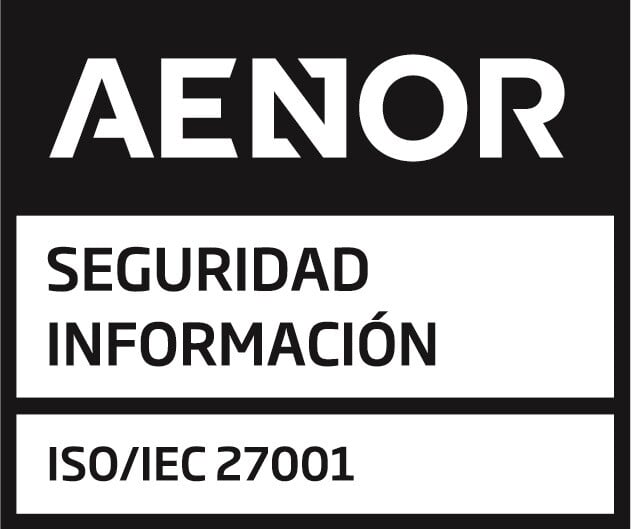Artificial intelligence (AI) is interrupting the way industries do their business. Companies that anticipated these technological advancements and adopted them have already replaced treacherous processes with automated and streamlined ones.
AI imitates human decision-making and intelligence through a process whereby computers identify data patterns to derive results. The introduction of this technology in workplaces results in accurate and faster delivery of results in processes that humans would struggle in. The energy industry, observably slow to embrace this technology, is now agreeing to the inevitability of AI.
Is your energy business ready to shift and use this largely untapped resource?
Energy Management Grappling With Challenges
Energy companies today are facing many and varied challenges. Managing data sets is a perennial problem, but now the producers have to contend with cyber security threats and heightened competition.
Energy assets produce mountains of data that is not only difficult to manage but also loaded with valuable information. Asset managers can no longer rely on ineffective and rigid manual methods. Even the semi-automated solutions can’t meet the demands of modern energy data management.
While data diversity is challenging enough, energy asset managers are also having to manage more and more diverse data. Asset managers and operations departments receive energy data from multiple sources including market pricing technologies, condition monitoring systems, maintenance, and SCADA.
Just as these sources are diverse, traditional management tools need to be diverse. As the diversity of the data increases, the cost of management tends to increase and efficiency dwindles.
Today’s energy asset managers are in a stiff competitive environment because there is a legion of energy producers, especially in the renewable energy space. For a bigger market share, one must have the most efficient operations and vice versa.
Renewable energy asset managers usually have a diverse set of assets under their control. They may need to manage a mix of wind, solar, hydro, and storage assets. As the market grows, you can only expect this diversity to become more complex.
AI for the Win
Within the last decade, something interesting has happened in energy management- asset management has become more proactive.
Rule-based models would be suitable for many and similar energy assets. Unfortunately, these models tend to fail when scaling is needed or there are new assets.
Models based on AI are more effective in handling the energy management challenges enumerated above. Energy asset managers are constantly called upon to predict the performance of the assets if they are to be relevant for the investors. Alongside demand forecasting, AI for energy management can also enhance asset maintenance.
As variable RE sources add to the grid, capacity level prediction is more important than before for grid efficiency and stability. Renewables are taking a higher share of the energy grid, slowly replacing conventional energy sources that offered higher grid stability.
Before AI arrived, individual weather models dominated the forecasting techniques. Fortunately, asset managers are now closer to applying AI models in energy management.
Energy assets are home to volumes of data as captured in connected appliances, smart meters, sensors, and other complex devices. No matter the lifecycle stage of your assets, AI for energy management can unlock opportunities for lower business costs and enhanced assets.
With AI availing larger data sets, it is now possible to predict more than just weather. Here are some examples of insights that AI for energy management can provide:
- Additional energy needed during the festive season
- Failure detection in a power plant
- More efficient use of energy storage backed by analysis
No wonder more and more players within the energy sector are applying AI for their asset upgrade programs. For instance, wind turbine makers are using AI-based methods to facilitate predictive maintenance and turbine automation. Solar farm operators are also AI and other technologies for enhanced predictive maintenance.
Businesses need to manage their energy better for not only lowered business costs but also reduced impact on the environment. AI-based energy management predicts energy demand and optimizes costs, at the same time helping combat climate change and reduce waste.
QBI for renewable energy management professionals helps you manage your business through a single platform. The platform, even though we have not joined the AI trend yet, is designed by renewable energy professionals for renewable energy professionals and keeps all your departments aligned on the same path to success. It also aligns with any technology, project, or asset lifecycle, and provides insightful data for optimal business decision making.
Final Take
The role of technology is to make things better and simpler. You can bet that is why AI technology is spreading exponentially, fully transforming energy and other industries. Relevant handlers in the energy management segment need to adopt this exciting technology because its impact on the industry is growing.
QBI Solutions is at the forefront of promoting and utilizing technologies that promise energy efficiency. Our excitement is in seeing our clients optimize their businesses using big data, AI, and any other modern technology.
For more on how our platform can enhance your energy management processes, get in touch with our experts.
